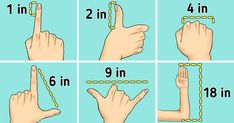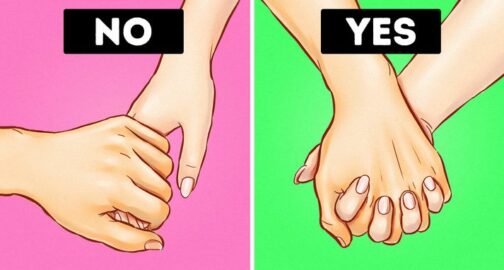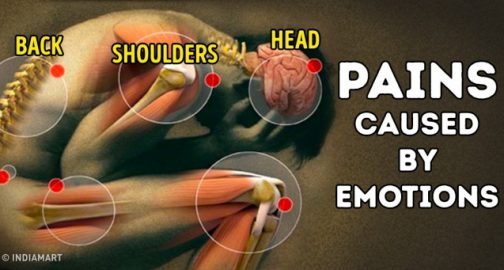
The human body is a complex, well-oiled machine that knows which function it needs to make active at any given moment. And among the functions, are those that no one can consciously control. They are activated without asking us for permission and all we can do is follow the brain’s orders. We’re talking about protective functions such as coughing, sweating, and shivering; as well as functions that we don’t know everything about like yawning and getting the chills.
Bright Side has collected 10 of the most important and unusual bodily functions that we have absolutely no control over.
Shivering

People can shiver not only when they’re freezing but also when they’re scared, stressed, or sick. And there is no way anyone can control this because it’s an unconditioned reflex of the body. For example, when a person is cold, muscle contractions emit heat and this is how the body can warm up. By the way, the temperature of the skin can increase by 2-3 degrees as a result of such muscle contractions.
Additionally, a person who is emotionally stressed can shiver as well. This is some kind of preparation for an upcoming action like defense, an attack, or flight.
Redness of skin

There’s probably no person in the world who hasn’t blushed. The involuntary redness of the skin appears when a person is ashamed, embarrassed, angry, or if they have some physiological problem. Honest people often blush when they have to tell a lie. This happens because the blood flows to the capillaries that are close to the surface of the skin, and usually aren’t seen.
This phenomenon is mostly social — people blush only when other people are around.
Stomach rumbles

Picture this: You’re taking an exam, you feel emotionally stressed, you didn’t have time for breakfast, and you hear a loud rumbling in complete silence. Sound familiar? In 90% of cases, this rumbling sound occurs because a person is hungry. In other cases, the sound is caused by a disruption of the function of the digestive system. It doesn’t matter if there’s food in the stomach — the muscles contract anyway. And if there is no food in the stomach, its gases, air, and hydrochloric acid make a reaction creating different noises. When there’s food in the stomach, the sounds are quieter.
Sneezing

Sneezing is a defensive reflex that helps to remove the dust and slime from the airways. Despite the fact that it’s an unconditioned reflex, most people can suppress a sneeze. All they have to do is grit their teeth, open their eyes wide for 10-20 seconds, or rub their nose.
By the way, did you know that the speed of the air you express when sneezing is about 50-120 meters per second?
Yawning

Yawning is an unconditioned reflex, a mystery that scientists have been trying to solve for a long time. We yawn when we’re tired, sleepy or bored. There are several theories as to why we yawn. Some say we yawn because we don’t have enough oxygen, while others say it’s our body’s way of getting the nervous system working (like when we are bored or tired), or it’s simply because we’re hot. Also, yawning is contagious. Many people yawn when they see photos of yawning people or read the word “yawn”.
By the way, tell us in the comment section if you’re yawning right now.
And one more thing: Did you know that in 1888, the longest yawn was recorded? According to the Guinness World Records, Dr. Lee claimed that a 15-year-old girl yawned for 5 whole weeks.
Coughing

Coughing is an unconditioned reflex that our bodies need to clear the airways of foreign bodies. It’s almost impossible to suppress a cough because our body is trying to get rid of smoke, dust, and dangerous bacteria. It’s possible to make coughing less intense by using medications.
By the way, a random cough on a daily basis is normal. Almost every person coughs 5-6 times a day.
Goosebumps
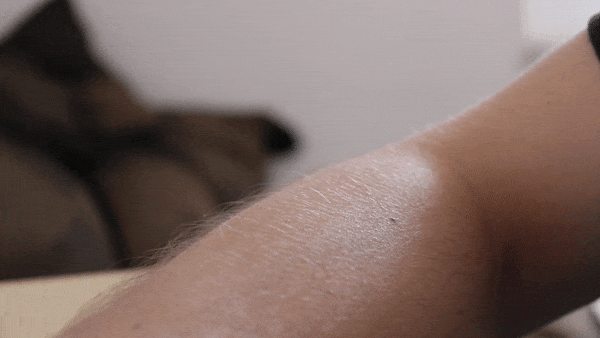
Goosebumps appear on our skin when the muscles of our hair follicles contract. When we’re cold, scared, or impressed, the hair follicles raise, causing the hairs to stand up. This is a rudimentary reflex that is beyond our control. It makes almost no sense for modern people because we use clothes to warm ourselves. Another function of this reflex is to scare enemies. But because we have so little hair, it’s hard to imagine someone being scared of this.
Piloerection, which is the scientific name for this phenomena, happens to 50% of people when they listen to their favorite music.
Sweating

Sweating is one of the most important bodily functions and activates when the body is hot. The body exudes water that vaporizes from the surface of the skin, decreasing the body’s temperature. We sweat when we exercise, when we’re stressed, or because of different illnesses. Did you know that sweat is 99% water, and the rest is just salt, acids, and organic compounds?
It’s impossible to turn off sweating, but it can be reduced. In order to do this, you need to cut down on caffeine, hot and spicy foods, alcohol, and wear high-quality clothes and cosmetics.
Hiccups

Hiccups are an involuntary short-term respiratory problem. A hiccup is a strong contraction of the diaphragm followed by the closure of the vocal cords which results in the classic “hic” sound. It’s interesting that we can’t control the process but we can imitate it. Try it right now!
Hiccups are often caused by overeating. It’s impossible to stop it immediately — you can only do this gradually. To stop the hiccups, drink cold water, or just drink a little bit, and while holding your breath, make little swallows.
Did you know that a man from the US by the name of Charles Osborne hiccuped for 68 years? He lived a normal lifestyle and died at the age of 97. The hiccuping stopped when he was 96.
Stretching

This is one of our body’s functions that we can partially control but it always starts spontaneously. When we stretch, we prepare our muscles for physical activity. This is why we stretch after sleeping. We do this to wake our muscles up because they were motionless for the entire night.
By the way, Israeli scientists proved that waking up suddenly is just as bad for our health as chronic lack of sleep is. That’s why you should give yourself a little time in bed after you wake up. Don’t forget to stretch!
Bonus: pains caused by emotions
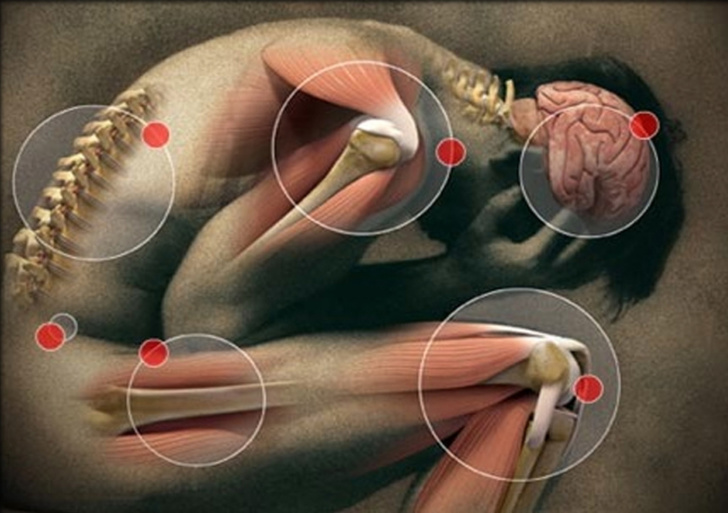
Our bodies not only have functions that we can’t control, but they also have their own ways of telling us that we’re doing something wrong. Pains can be caused by emotions and here are some of the most common:
Almost all these functions are vital for living a normal life. And you shouldn’t suppress them: the body knows better when it comes to what we need at certain times.
Tell us how you stop a case of the hiccups or prevent a sneeze in the comment section below!
Preview photo credit indiamart




